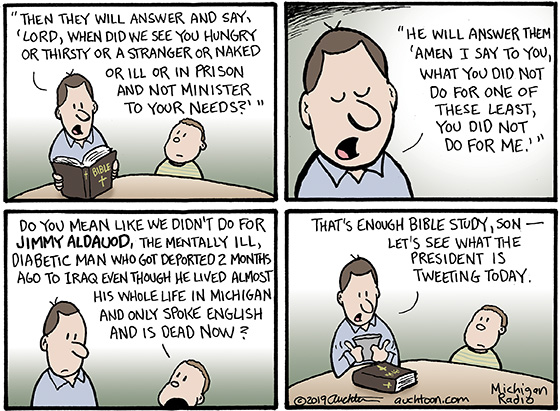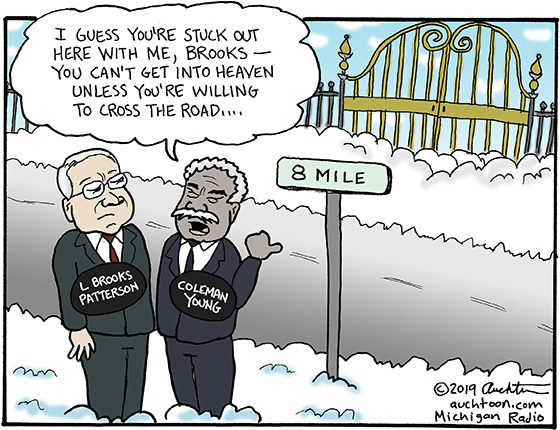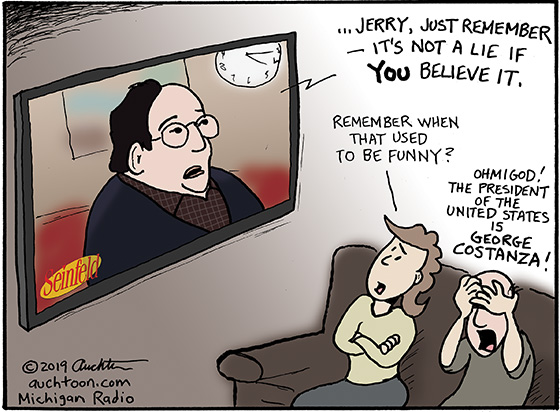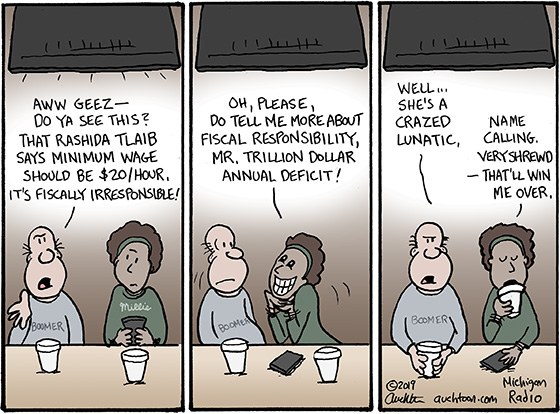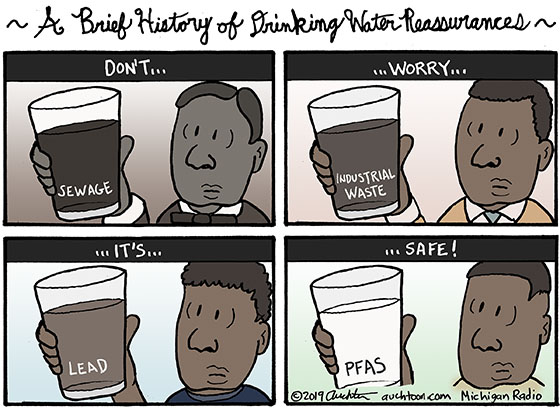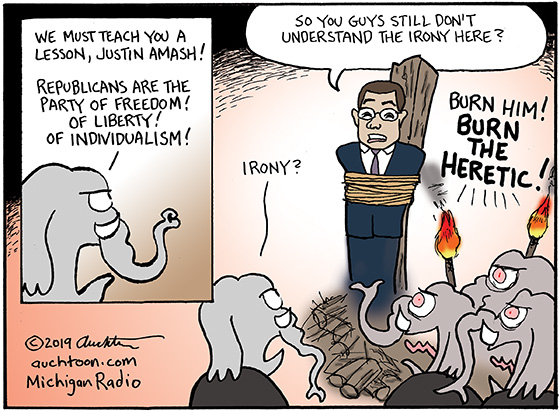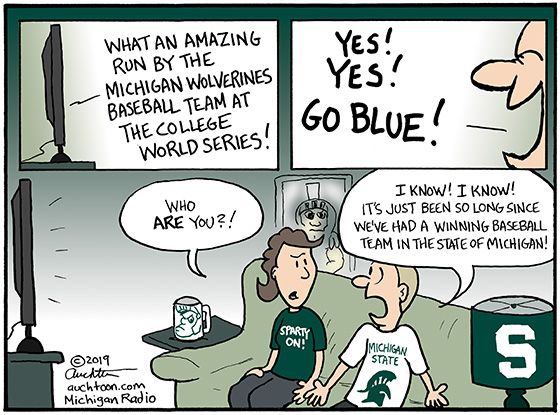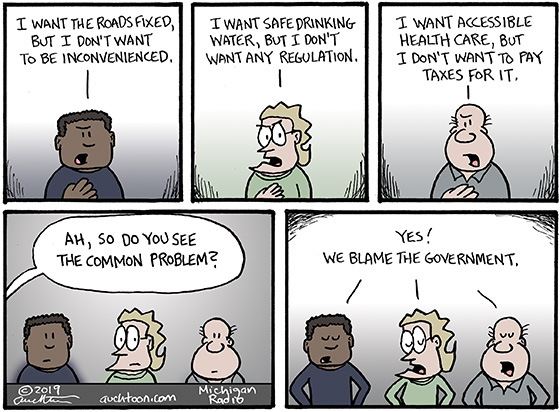Reckless, Irresponsible, and Dangerous

Look, I understand the draw of the “slippery slope” argument. It is both sneaky and effective. Which is why as a parent I used it all the time when my kids were younger.
“Dad, can we have a snack?”
“No, you may not have a snack.”
“Why?”
“First it’s a few peanut butter crackers, next it’s cake, then it’s deep fried Snickers bars. Soon your only focus is your next snack, you drop out of school, your friends do too, and it all eventually leads right up to the decline and fall of Western civilization.”
See how it works? You blow right past the immediate request (which may in fact have some merit) and bury it with speculation and hyperbole, pointing the debate to the worst possible (and not very likely) outcome. You avoid having to mention any real reason, which in the case of snacks was generally that I wasn’t hungry, so why should they be hungry? (Similar logic to why your Mom would make you put on a jacket when she was cold.)
Recently Gov. Whitmer indicated her willingness to consider providing undocumented immigrants with special drivers licenses. The idea would be to would help Michigan’s economy by making it easier for them work and pay taxes. I don’t know. I’m certainly not sold on the idea. But then I was put off by some Republican legislators who went right to the slippery slope argument: “Provide special drivers licenses today and soon they will all be citizens and making us eat strange food and and it all eventually leads right up to the decline and fall of Western civilization.”
There are real reasons to oppose it. Let’s hear ’em. We all know how the slippery slope argument has been used time and time again to bypass sensible gun safety measures, and that’s worked out just super terrific.
